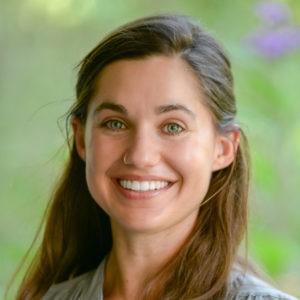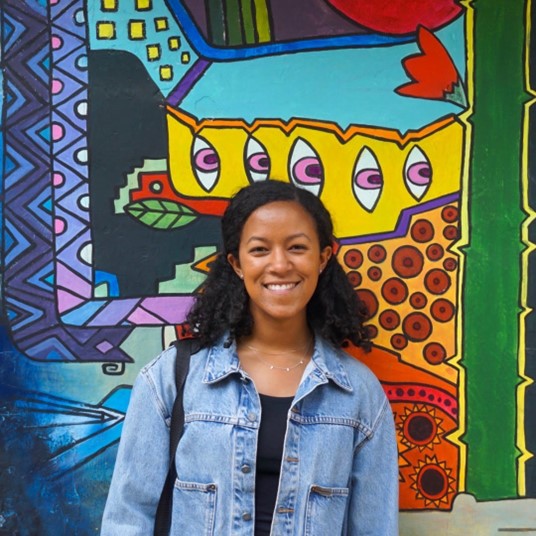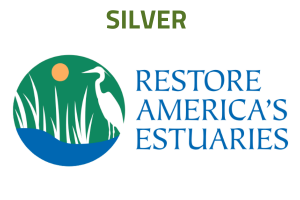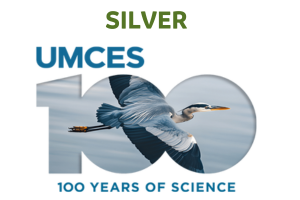- About
- Program
- Registration
- Experience
- Student & EC
- Hotel/Travel
- Sponsor/Exhibit
- Resources & More
CERF 2023 WorkshopReturn to Workshop Schedule
Sign up for this workshop when you register for CERF 2023. Already registered but want to add this workshop? Email the CERF Office for assistance!
|
||||||||||||
| Alice Besterman | |
|
|
Alice Besterman is an Assistant Professor at Towson University, Department of Biology. She received her B.S. from Virginia Commonwealth University in Environmental Studies in 2013, and her Ph.D. in Environmental Science form University of Virginia in 2019. She completed her postdoctoral research on salt marsh loss and adaptation in New England, co-appointed at the Buzzards Bay Coalition and Woodwell Climate Research Center. Besterman is an estuarine and coastal ecologist generally interested in the role of landscape-scale, physical drivers (e.g., tidal flooding dynamics) on habitat formation in ecosystems, and the resulting organization of biological communities and ecosystem functions. Besterman serves as the Secretary for the CERF Governing Board. She is interested in socially relevant research, and global changes provide the context for much of her research. In both research and teaching, Besterman emphasizes diverse perspectives. Her collaborations include applied scientists, land trusts, and natural resource managers. In order to better understand local ecology and the problems that human communities face she works closely with community-facing organizations. |
| Kailani Acosta | |
|
|
Kailani Acosta (she/her) is a fifth-year Ph.D. student at Columbia University, Lamont-Doherty Earth Observatory, studying biological oceanography. She received her B.S. from Brown University in Environmental Science in 2016. Her research is primarily focused on Phosphorus and Nitrogen in the surface ocean of the Gulf of Mexico and how nutrients change over time and space. Her research interests include nutrient cycling, microbial ecology, and ecosystem modeling. She is passionate about increasing diversity, equity, and inclusion in STEM. At Columbia, she created the Seminar Diversity Initiative, an initiative focused on increasing diversity and inclusion in research seminars, co-chaired the Lamont Diversity, Equity, and Inclusion Task Force, and supervises Columbia Climate Conversations, an undergraduate-led panel series focused on uplifting the voices of primarily women of color in climate and sustainability spaces. After chairing the task force, she co-authored a paper on lessons learned and best practices for creating a DEI report and task force in an academic space (Acosta et al., 2022). She also serves as the elected Student Member-at-Large on the Governing Board of the Coastal and Estuarine Research Federation (CERF). |




